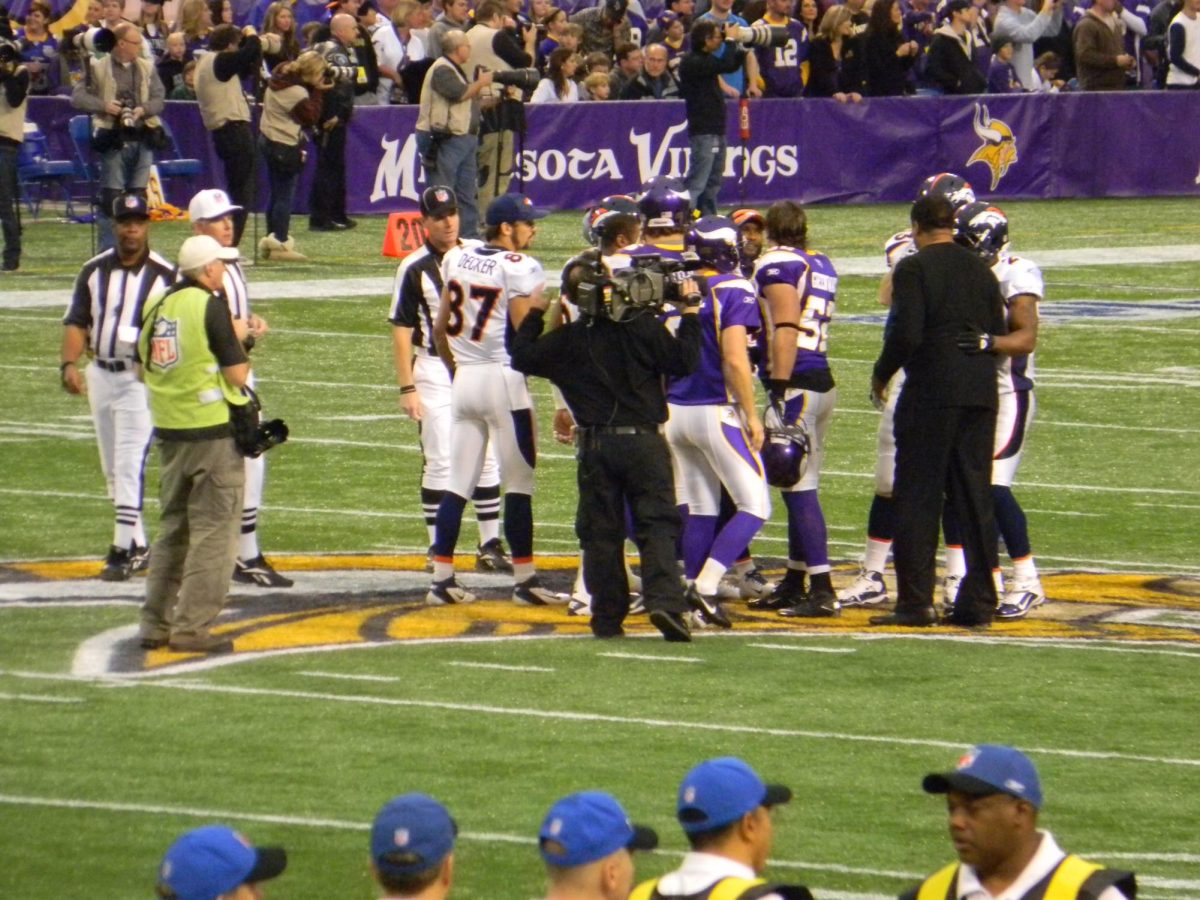Colorism has been an ongoing issue within the entertainment industry which has not only affected peoples’ career but has altered how the media and public receives the perception of those affected.
Many times actresses of a lighter skin tone tend to receive more privileges than their peers who are dark skin.
Actresses like Zendaya, Zoe Saldana and Amandla Stenberg tend to receive more roles due to their skin complexion.
Zendaya has always expressed her privilege while being an actress in Hollywood and how she is the “acceptable” depiction of what a black woman in Hollywood is.
“As a Black woman, as a light-skinned Black woman, it’s important that I’m using my privilege, my platform to show you how much beauty there is in the African-American community. I am Hollywood’s, I guess you could say, acceptable version of a Black girl and that has to change.” Zendaya said
While actresses of a darker complexion in some instances rarely play a main character and are often addressed as the “tag along” side character or fit into the certain demographics as being the “angry black woman” trope.
Black women have always been the most disrespected in America, it has always been shown throughout media over time.
For example, in the show “Insecure” Molly Carter played by Yvonne Orji is the intelligent, hard working woman yet her approach at times can come off as being “aggressive” or “negative” when she’s being passionate about certain subject matters.
In season 4 episode 7 of Insecure, Molly and her boyfriend Andrew are on vacation and Molly is met with a dilemma with a hotel employee where she feels as though the hotel employee was discriminating against her.
The scene altogether showcases how other POC view black women as “overreacting” and dismissing how a black woman might feel when addressing the different types of colorism or racism within a situation.
The show did an amazing job of showcasing the issue among different groups of POC and how colorism is often overshadowed in real life situations.
Creator of the hit TV show “Insecure” Issa Rae has spoken about how dark skinned women are often portrayed in the entertainment industry. She explains how black women are always deemed in the media as a particular trope and wanting to change that stereotype going forward with her future projects.
“Dark-skinned women still portray a certain archetype and I want to change that. They’re either super strong, emotionless, robotic — or hyper-sexual, and you don’t get the in-between very much.”
It’s very important that dark skinned women not only don’t receive the same opportunities in the entertainment industry as lighter skinned women but also are always given the same stereotype when being casted for certain roles.
As a young black woman, we are multidimensional people. At the end of the day we have different characteristics than just being aggressive, angry, or hyper sexual that need to be explored in the entertainment industry.
















